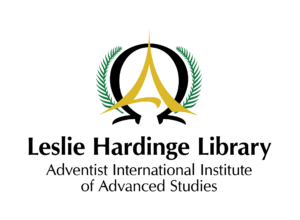Information literacy
Information literacy is the ability to locate, evaluate, and effectively use information. In an era of information overload, researchers must discern credible sources from unreliable ones. Academic libraries provide essential tools to develop this skill, including access to scholarly databases, research guides, and citation management software.
Information literacy involves:
- Identifying information needs: Understanding what information is required for a research topic.
- Finding reliable sources: Utilizing academic databases, journals, and digital libraries.
- Evaluating credibility: Assessing sources based on authorship, publication, and citations.
- Ethical use of information: Properly citing sources and avoiding plagiarism.
Scholarly Sources & Peer Review
Scholarly sources include research articles published in academic journals, written by experts and reviewed through a rigorous peer-review process. Peer review ensures:
- The article is accurate and supported by strong evidence.
- The research methods are valid and reliable.
- The study contributes new knowledge to the field.
- The content is unbiased and free from conflicts of interest.
Indicators of scholarly sources include:
- Published by professional associations or academic institutions.
- Includes an editorial board and peer-review details.
- Provides citations and references.
Library Resources for Research
The AIIAS Library offers a wealth of resources to support academic research, including:
- Subscription Databases: Academic Search Complete, ATLA, ProQuest Religion, etc.
- Open Access Repositories: SDA Periodical and Obituary Index, Adventist Digital Library, CoRe, etc.
- Digital Theological Libraries: Global Digital Theological Library (GDTL), Andrews University Digital Commons, etc.
- Library Catalogs: Access books, journal articles, and theses via the AIIAS Library collection.


